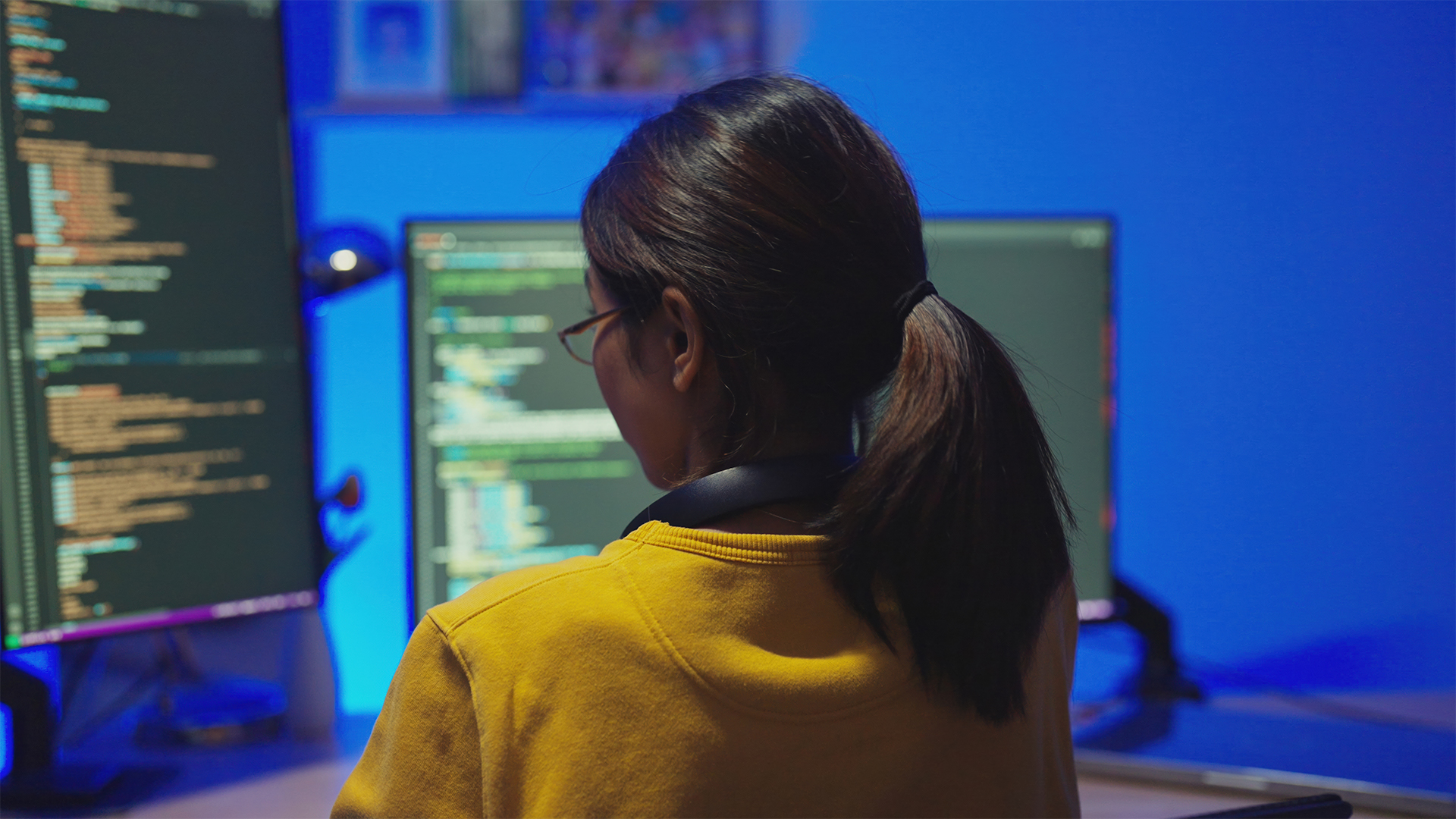
"distribution across the latest and older versions of the Python runtime"
"meets all my needs"
"With containers, just pick the latest version of Python in the container,"
"Since everything is isolated, you don't need to worry about its interactions with the rest of the system, for example, Linux's system Python."
Eighty-three percent of enterprises run Python versions a year or more older, creating a broad distribution across latest and older runtimes. Version breakdown shows 35% using 3.12, 21% using 3.11, and 15% using 3.13. More than half (53%) say their current version meets all needs, while 25% cite lack of time to update. A significant number of developers use Docker and containers to execute code, enabling isolated runtime choices. Containerization can simplify adopting newer Python versions and help capture quality-of-life features and substantial performance gains in recent releases.
Read at IT Pro
Unable to calculate read time
Collection
[
|
...
]